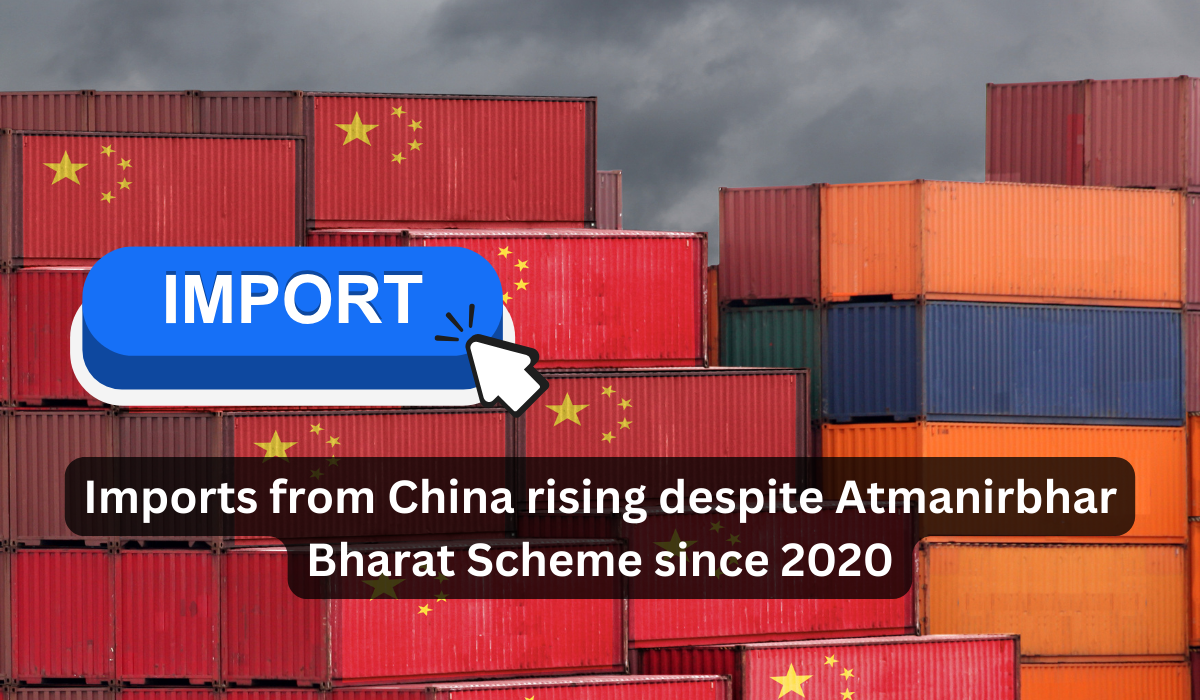The Impact of Israel-Hamas Conflict on Global Oil Prices and the Indian Economy
Posted on : April 21, 2024 By Santo

Impact of Israel-Hamas Conflict on Global Oil Prices
The ongoing conflict between Israel and Hamas is having a significant impact on global oil prices. The attack by Hamas on Israeli civilians on October 7, 2023, caused oil prices to rise to $94 (£77) per barrel. There is growing concern that prices may surpass $100 per barrel in the near future.
Table of Contents
Concerns about Oil Routes
While most oil from the Middle East is still reaching its intended destinations, there is a growing worry that if the conflict escalates, it could disrupt the shipping of oil and gas. This disruption could lead to even higher prices in the global oil market.
Disruption in Gas Production
Following the attack, Israel halted gas production at its Tamar gas field. This reduction in gas supply has affected Egypt, which typically sends half of its gas to Europe. Despite Europe having substantial gas reserves, prices are increasing due to concerns about reduced supply.
Potential for Further Problems
There are additional concerns that the conflict between Israel and Hamas could have repercussions for oil and gas supplies from other countries. The United States may impose further sanctions on Iran, as Iran is linked to Hamas and another group called Hezbollah. Furthermore, tensions could result in reduced oil supply from Russia. These factors combined could potentially drive oil prices up to $140 per barrel next year.
Role of Saudi Arabia
Saudi Arabia has the capacity to help stabilize oil prices. Although the country is currently producing less oil, an increase in production and sales could contribute to price stability, even in the face of challenges with Iran and Russia.
In summary, while oil and gas supplies have not been completely halted, the Israel-Hamas conflict has created significant concerns about the future. Many are closely monitoring the situation to see if oil prices continue to rise and how stable energy markets will be.
How the Israel-Hamas Conflict Can Affect the Indian Economy
India, as a major importer of crude oil, is closely monitoring the impact of the Israel-Hamas conflict on global oil markets. Here are the key points regarding how this war can affect the Indian economy:
1. Higher Import Bill
The surge in international crude oil prices due to ongoing geopolitical tensions can lead to a higher import bill for India. As oil prices remain elevated, the cost of oil imports rises, putting pressure on the country’s foreign exchange reserves.
2. Wider Current Account Deficit (CAD)
India’s current account deficit (CAD) could widen if oil prices continue to rise. A larger CAD means that the country is importing more than it is exporting, which can strain its overall economic balance.
3. Inflationary Pressures
Higher oil prices have a direct impact on inflation. As the cost of fuel rises, it affects transportation costs, production expenses, and consumer prices. Inflationary pressures can hinder economic growth and impact the purchasing power of citizens.
4. Rupee Under Pressure
The Indian rupee (INR) may face depreciation against other currencies if oil prices remain elevated. A weaker rupee can make imports more expensive and affect India’s trade dynamics.
5. Mitigating Measures
To mitigate the impact, India needs to closely monitor oil prices and explore alternative energy sources. Additionally, strategic oil reserves can help stabilize supply during price fluctuations.
In summary, the Israel-Hamas conflict has the potential to disrupt India’s economic stability by affecting oil prices, trade balances, and inflation. Policymakers must remain vigilant and take necessary steps to safeguard the country’s economic interests.
Read History and current ongoing Israel Hamas War
Share this articlePosted on : April 21, 2024 By Santo
Join Our Club

"Stay Informed, Stay Ahead – Join Our Club Today!"



















